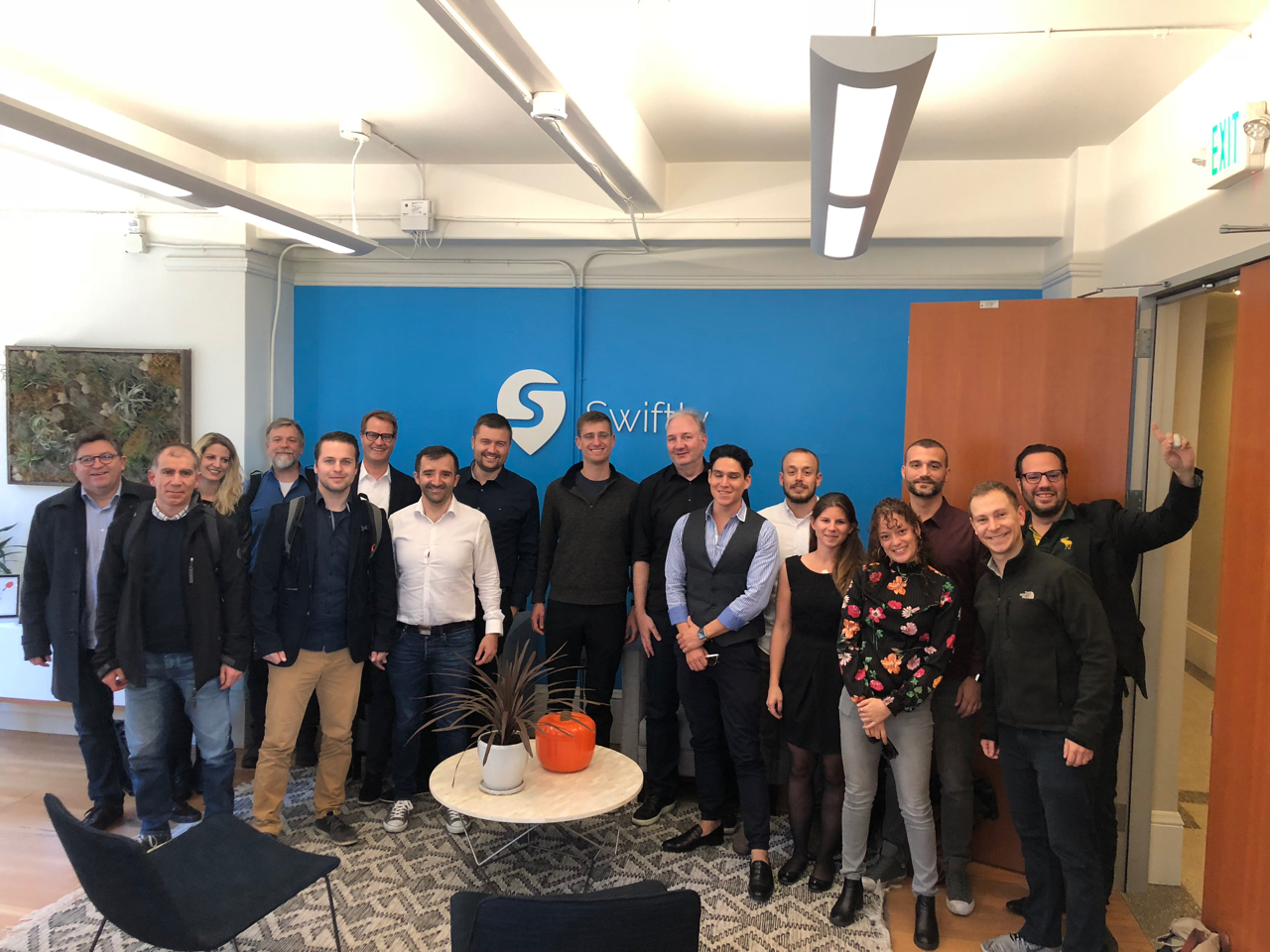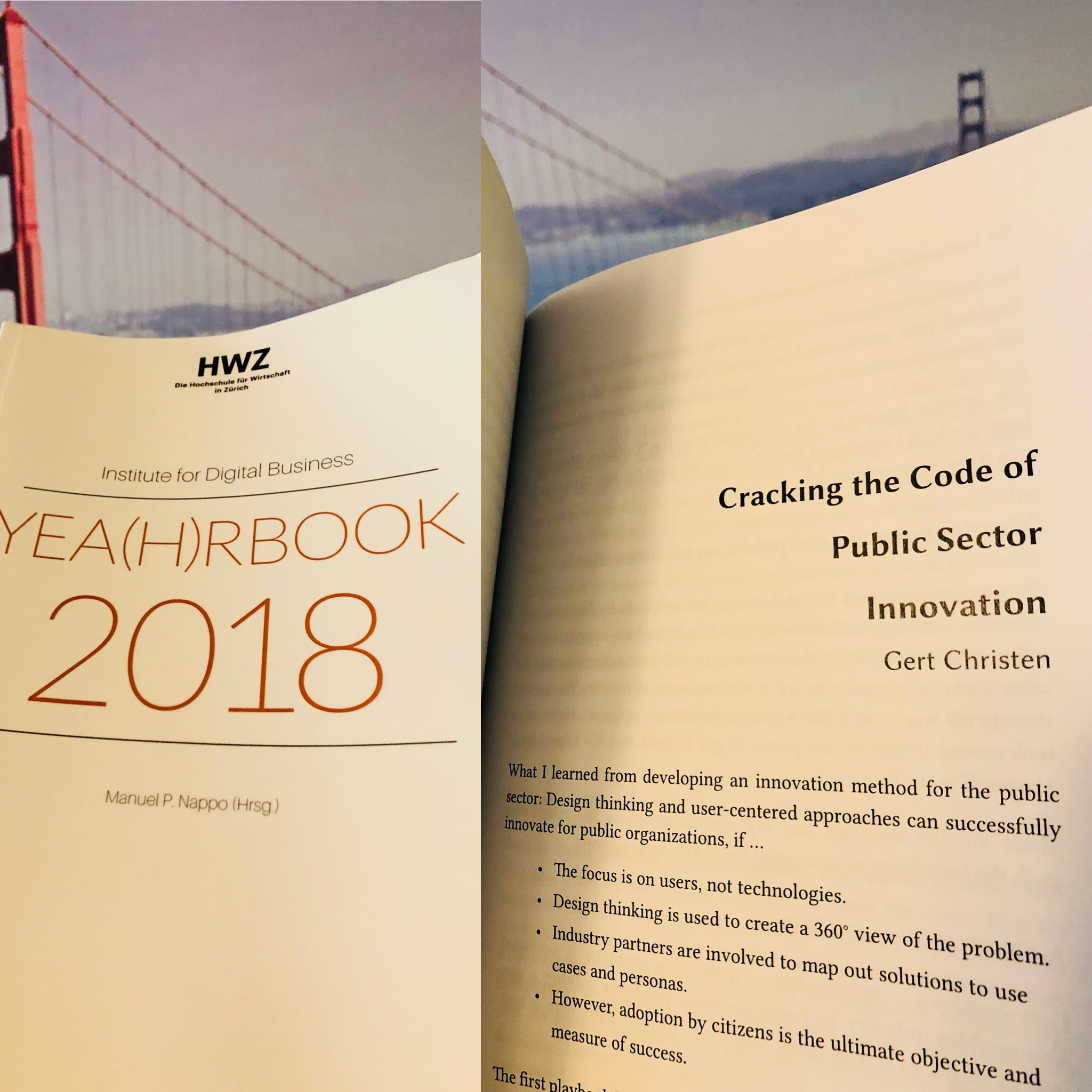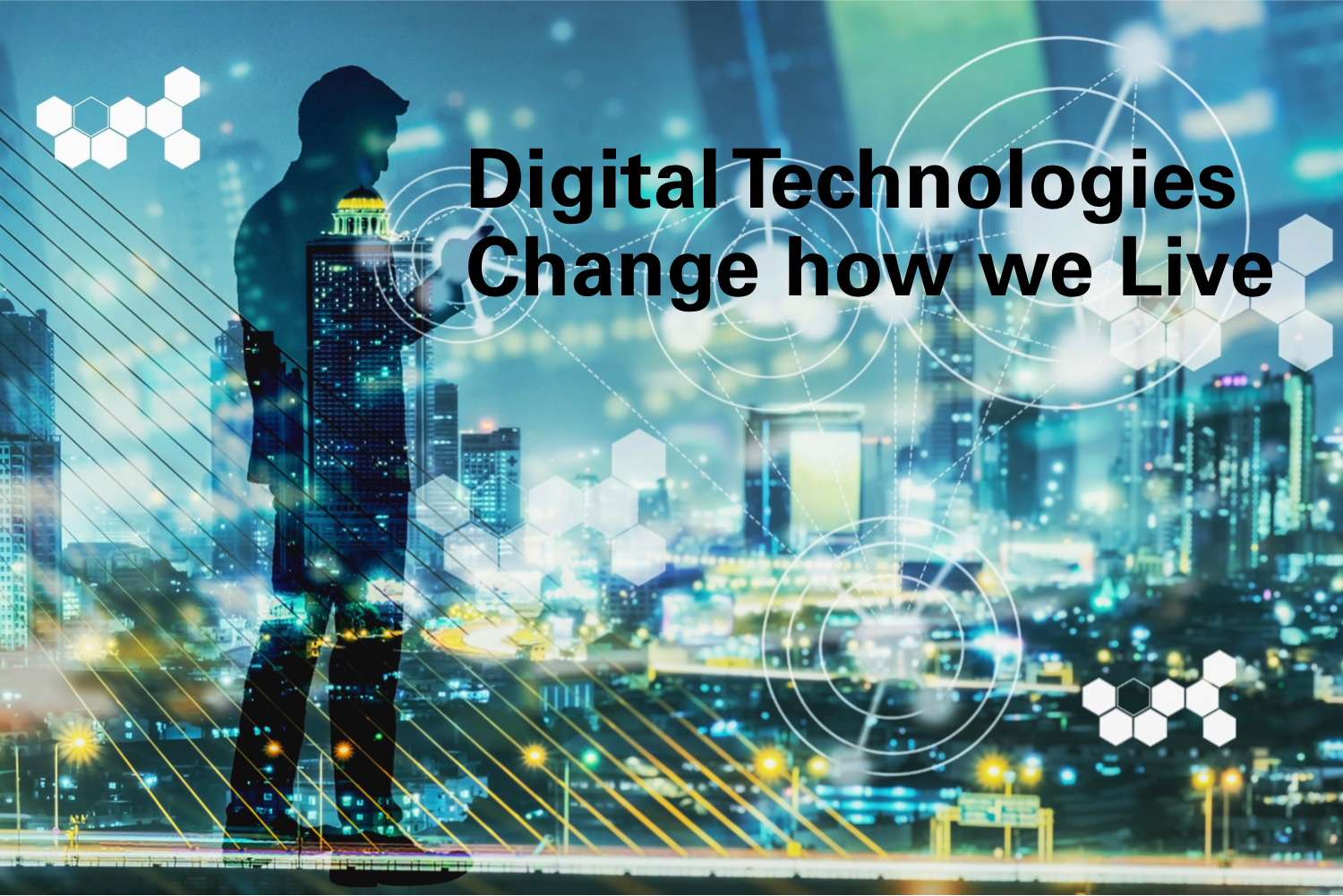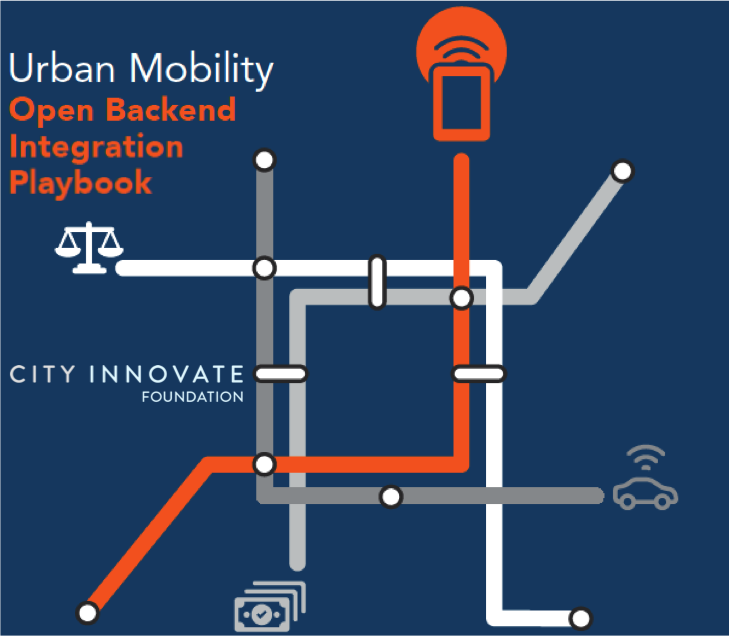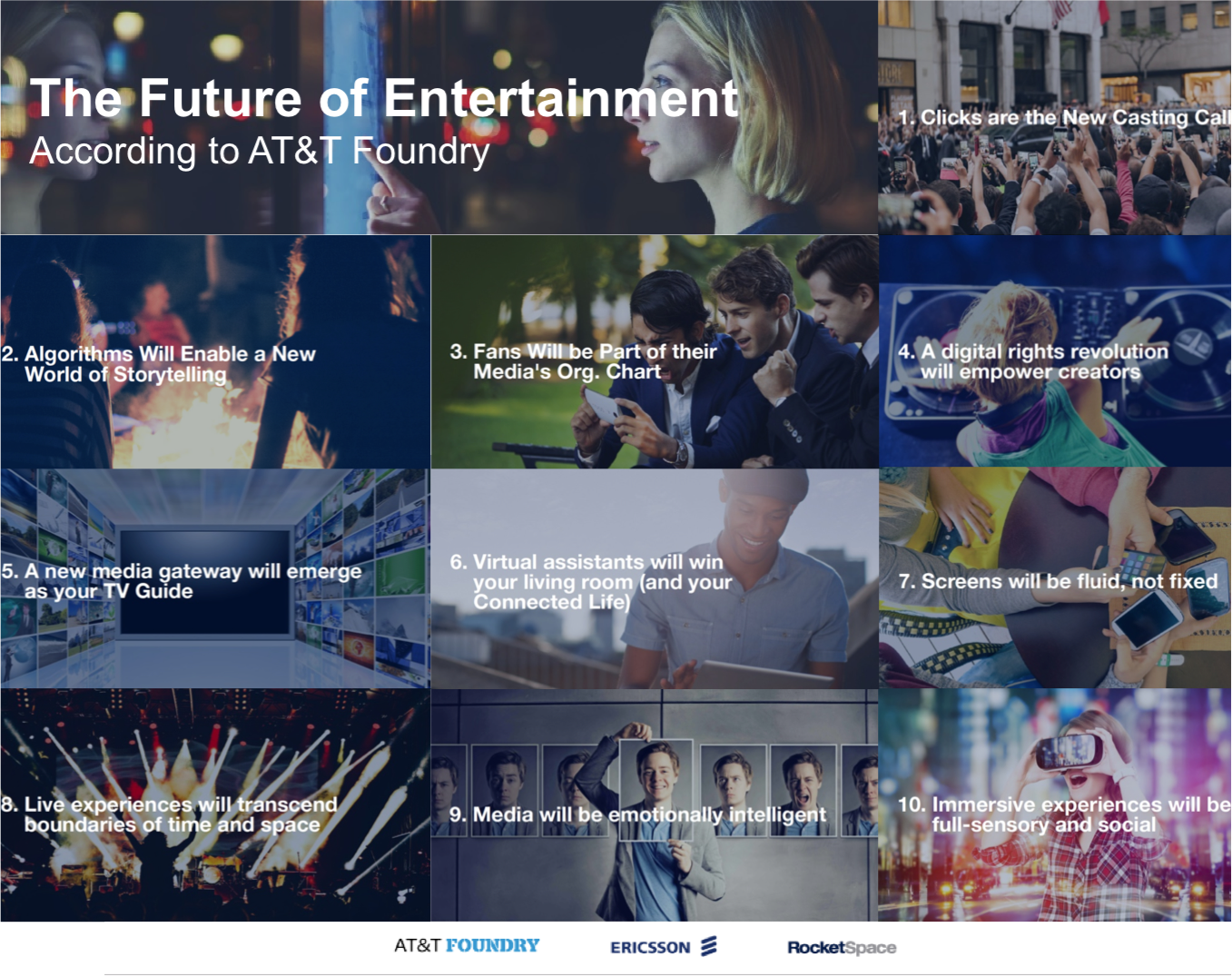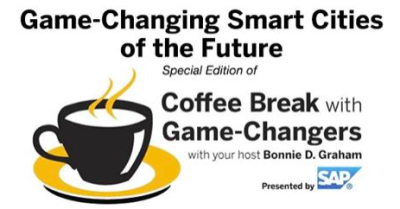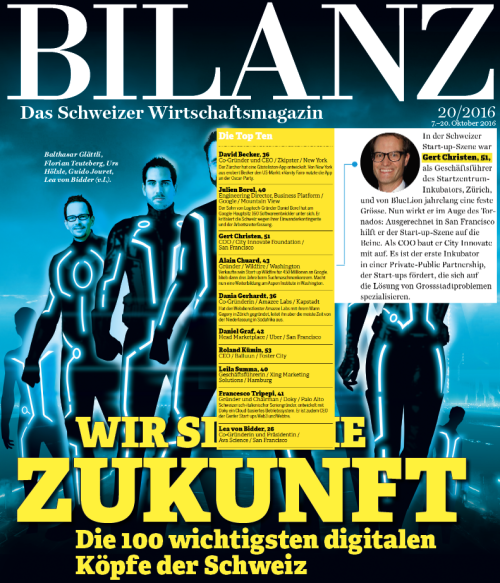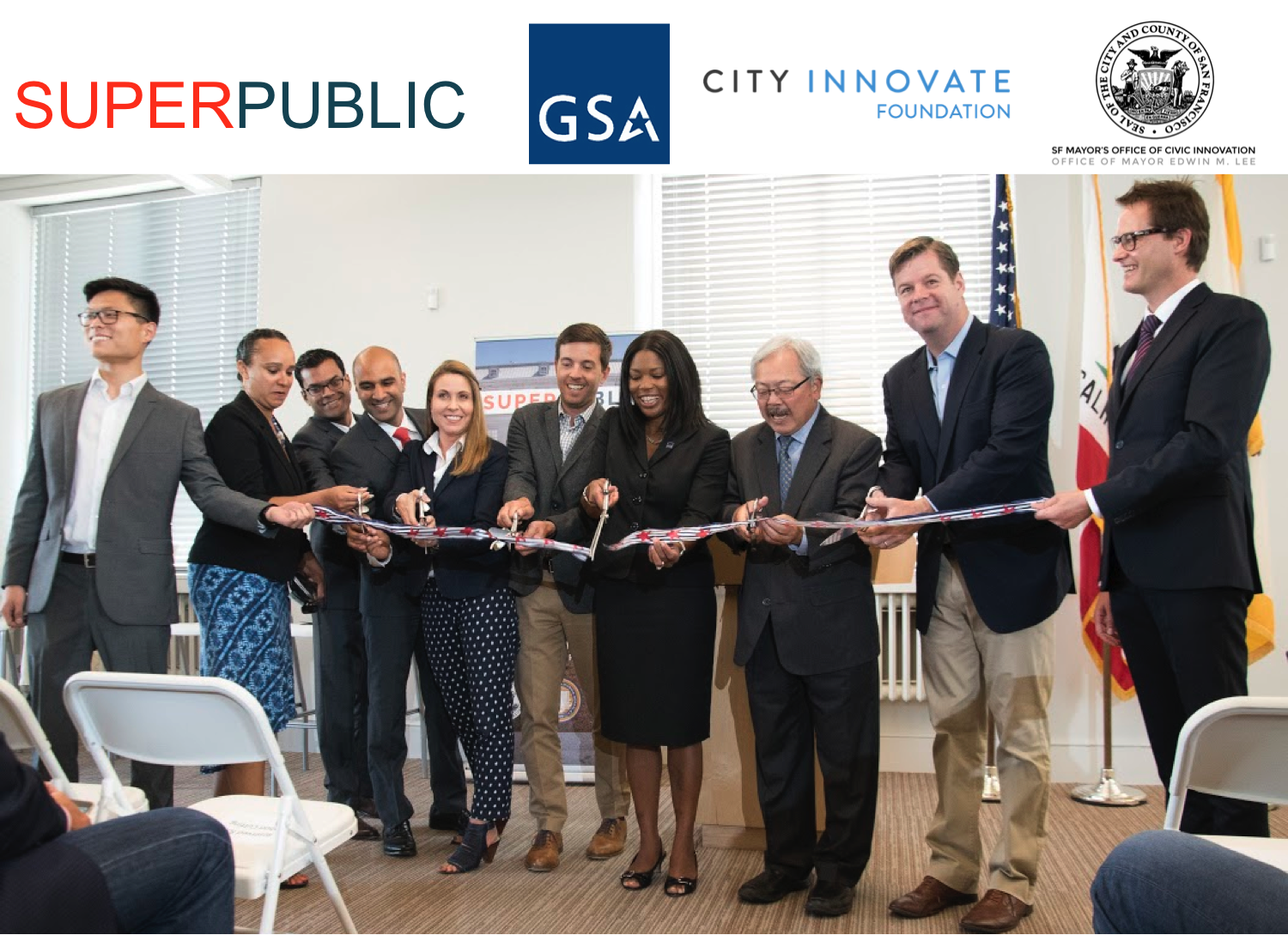Silicon Valley Innovation Tours Done Right
This article was first published as a LinkedIn article by Antonio Grgic on November 12, 2018. He condensed his personal learnings from a study tour to Silicon Valley organized by HWZ University of Applied Sciences Zurich. What follows is the English translation of the article with an introduction by Gert Christen who organized and led the study tour. Silicon Valley Tours – Just Tourism or Meaningful for Innovation? If you live in the San Francisco Bay Area you know the two types of buses shuttling people between San Francisco and Silicon Valley: Employee buses of the large tech companies on the one hand and chartered buses carrying visitors from all over the world to the same tech companies on the other. Each week there are hundreds of delegations from all over the world traveling around the Silicon Valley determined to learn its secrets. They fall into five categories: Politicians who want to learn how to set policies that attract innovative companies, resulting in more high qualified jobs and highly profitable and future-proof companies. Business people who want to learn how to be more innovative and who want to sell their products, find new suppliers or create …

